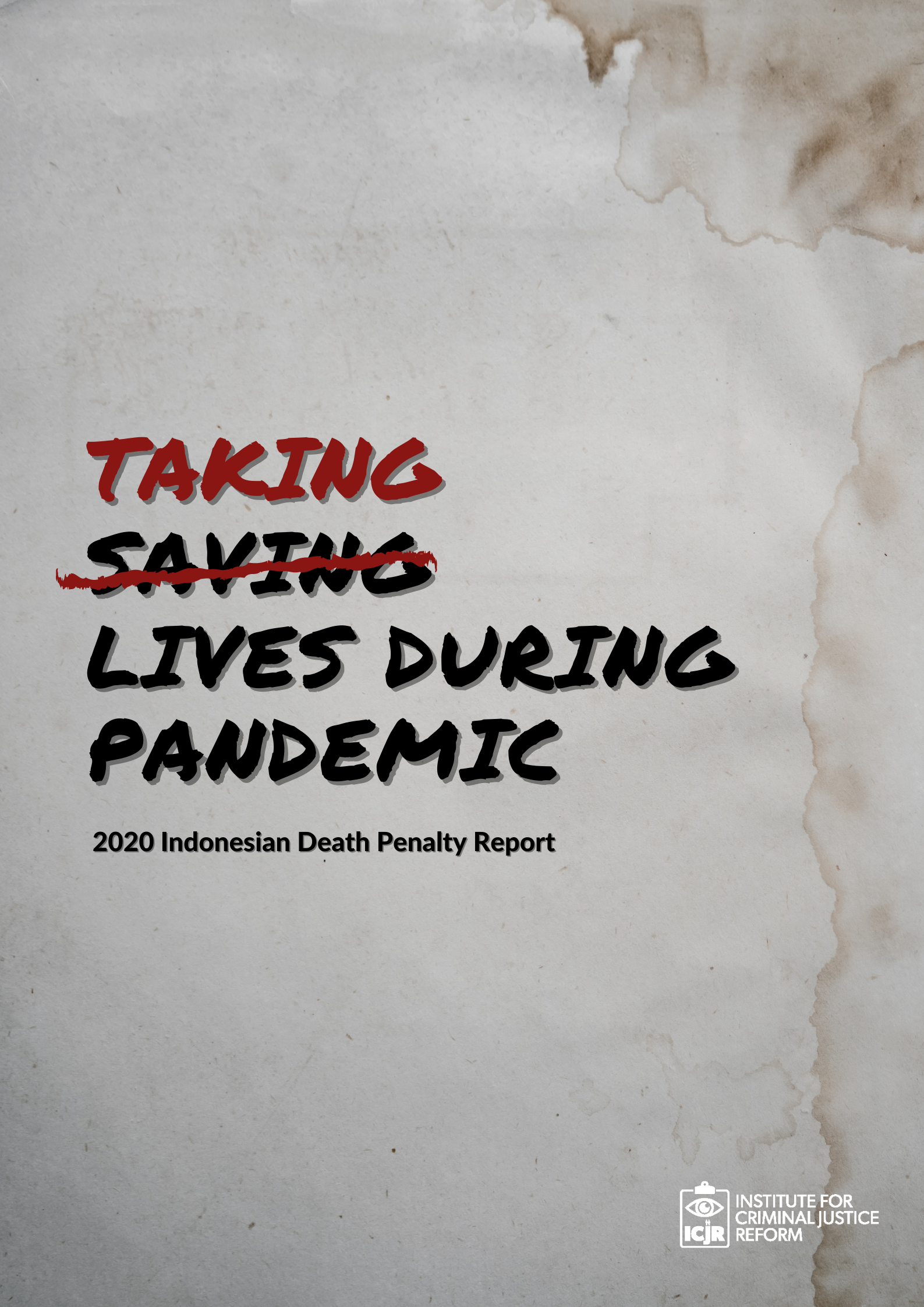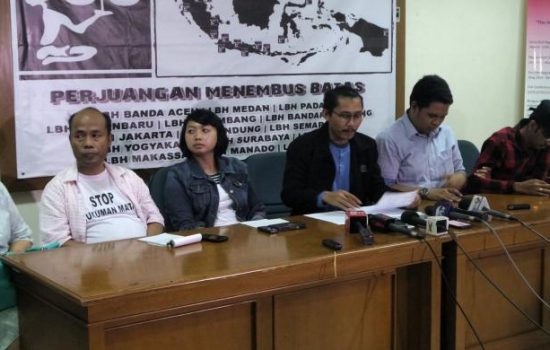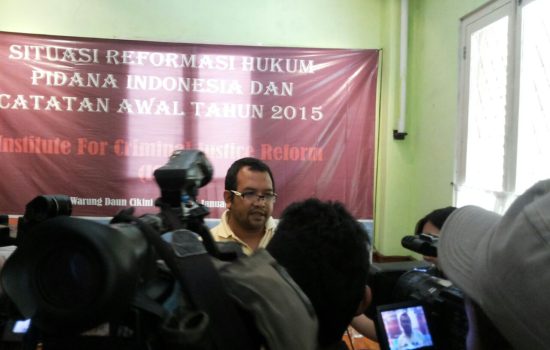In the period March 2020 to October 2020, during the pandemic, there were at least 87 death penalty cases with 106 defendants, this is an increase compared to the same period from March 2019 to October 2019, with 48 death penalty cases with 51 defendants. Every year, the number of death penalty prosecutions and convictions continues to increase.
Another phenomenon is focused on those who are currently sitting on death row with all their vulnerabilities. Currently, there are 355 people on death row in Indonesia. Sixty-three of them have been waiting in constant fear for over 10 years. There are 4 people on death row who are very old, almost half of their age has been spent in prison. From the total, 10 of them are women who have experienced multiple gender-based violence in their lives, ranging from victims of sexual violence to victims of economic exploitation.
—
ICJR 2020 report on death penalty available here
For the full version in Bahasa Indonesian click here




